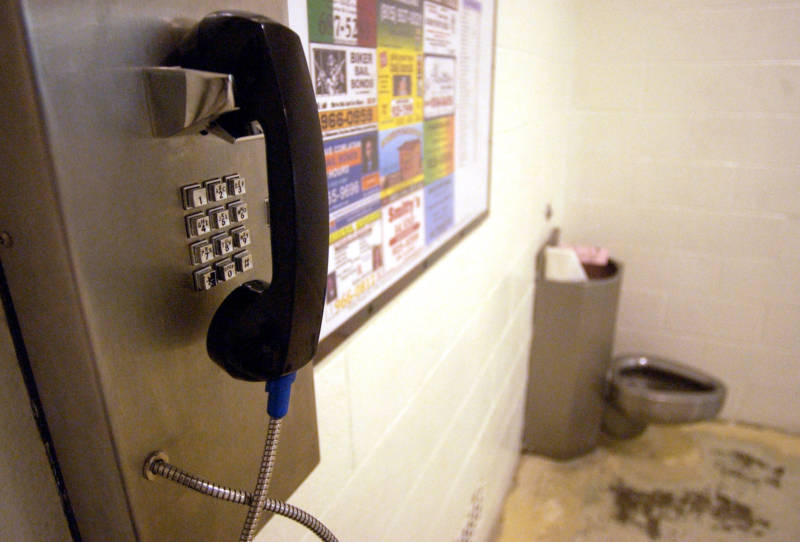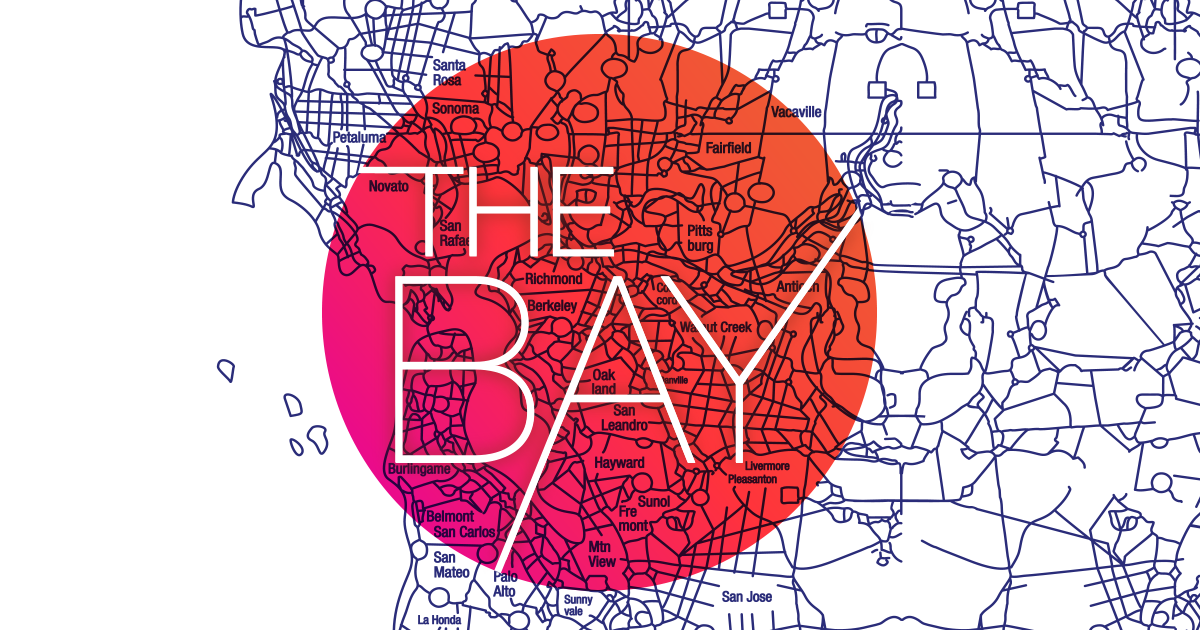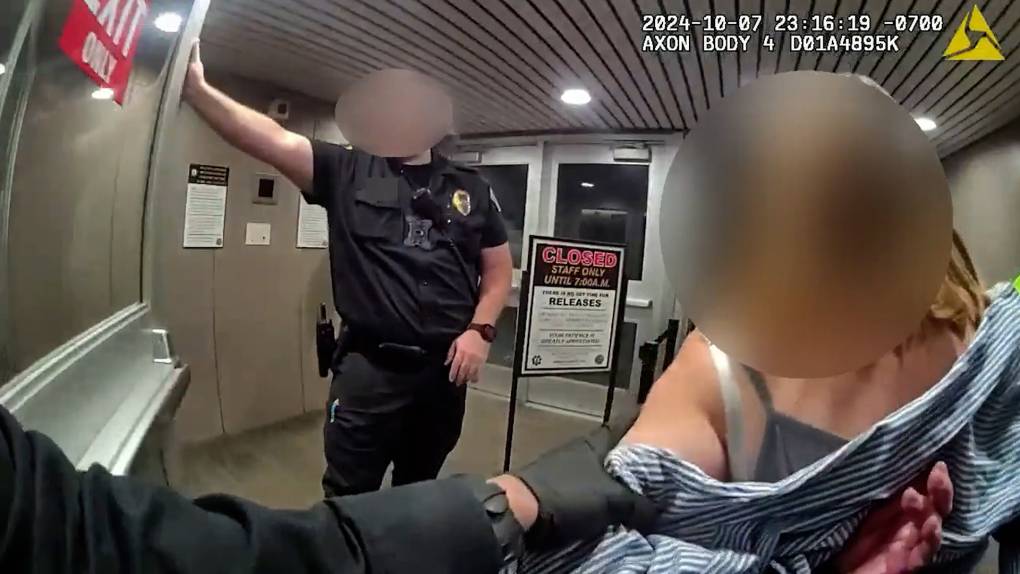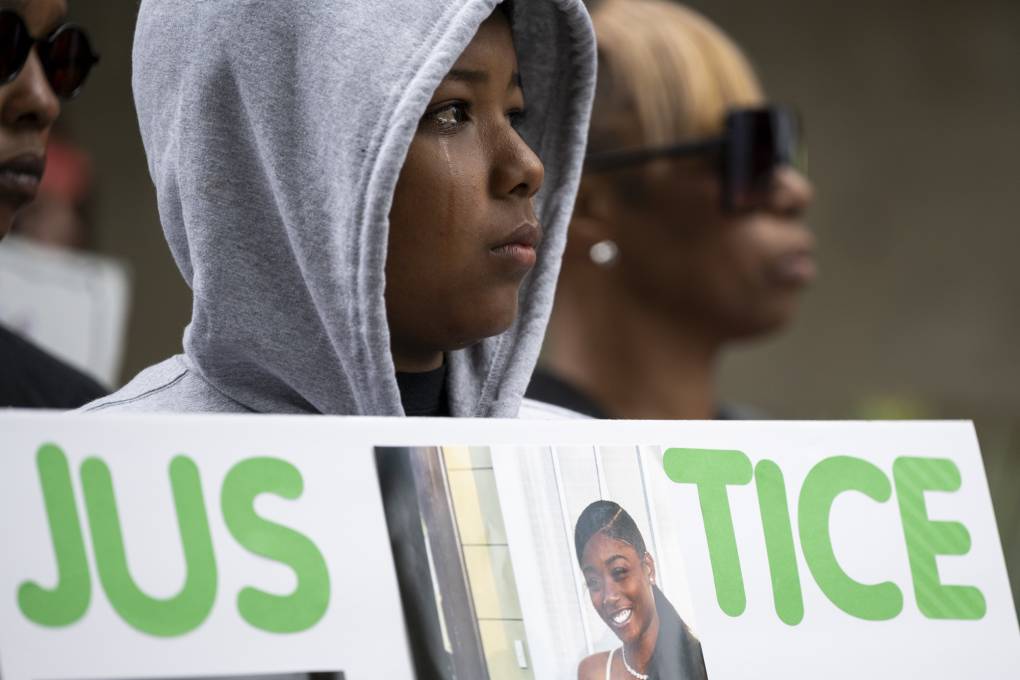Mary Vandigriff also has personal experience with those barriers — she did several jail stints when she was using drugs, and at times couldn’t afford to talk to her family.
“It's horrible,” she said. “Not being able to call your children, or not being able to have the support of your parents — my father died when I was in jail. I couldn't call. It makes you feel lonely, it makes you feel isolated. … It's a horrible feeling — you feel like you have no support.”
The Cost of Not Staying in Touch
That isolation translates to real impacts — and costs — for the broader community, said Anne Stuhldreher, director of financial justice at the treasurer’s office. She said in San Francisco, which already has lower call costs than most of the state, a 15-minute call works out to around $2.10, or a total of $300 for someone during the average jail stay of 70 days, if they call family and friends twice a day.
That cost can push low-income families into debt.
“What I hear over and over again is that if your son or daughter calls collect from jail, you are not going to say no, and $300 over 70 days ... it’s a huge economic burden, that disproportionately impacts low-income women of color,” she said.
The thing is, said Stuhldreher, daily contact is something the city wants inmates to have.
“Lots of research shows that the more someone in jail stays in touch with their support network, the better they do in jail and during re-entry -- people who stay in touch are much less likely to recidivate, to go right back to jail,” she said, noting that if inmates can’t use the phone, they can’t arrange for a place to stay, or look for jobs, before their release.
Stuhldreher predicted that the change could lead to a safer community and save the city money.
“When we cut people off from their support networks, and ask them to pay high prices that they cannot afford, to stay in touch with their support networks, we end up paying the price,” she said.




